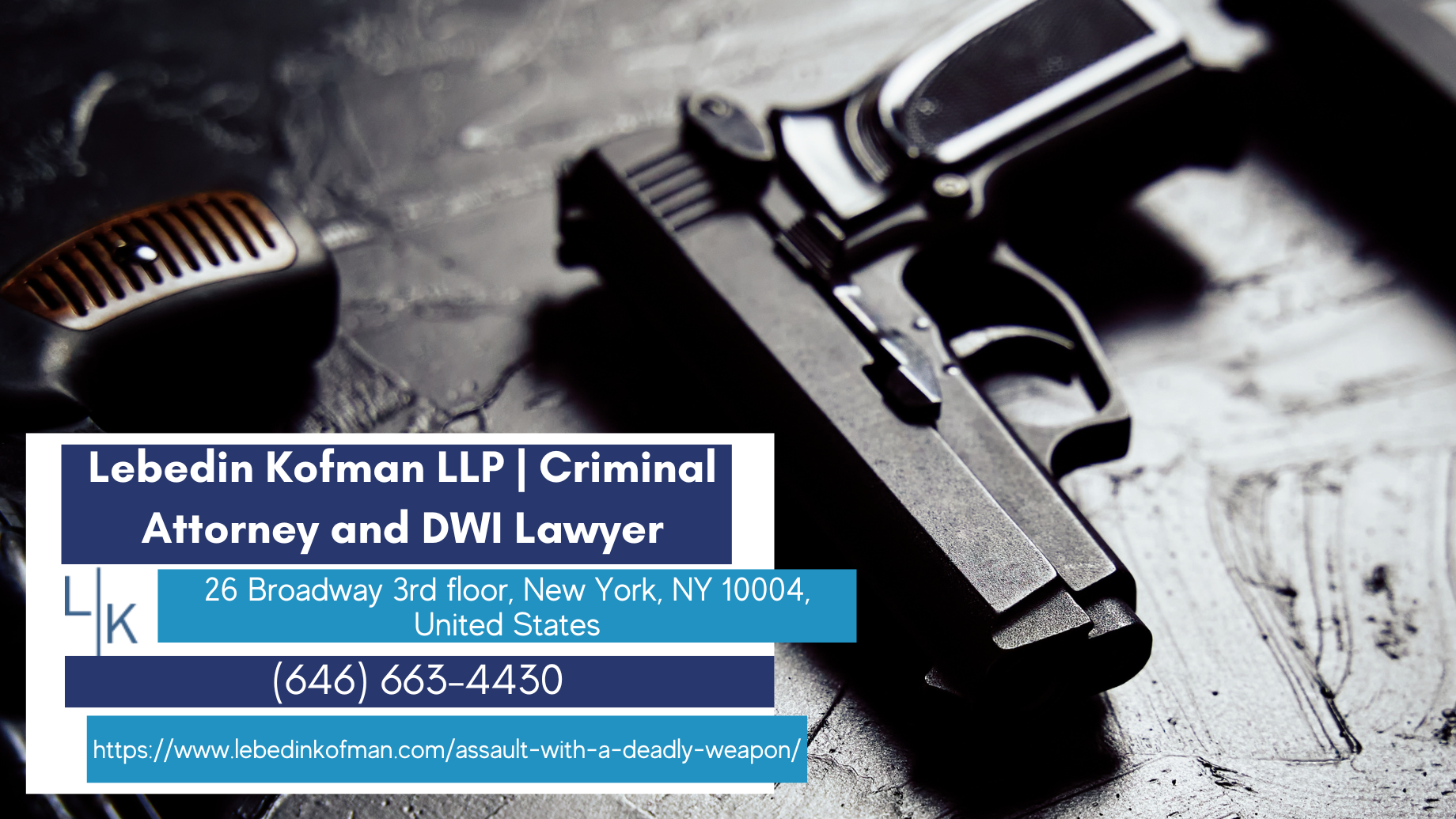Available 24/7. FREE attorney consultation via phone, video conferencing, or in person
Call For Your Free Consultation
Available 24/7. FREE attorney consultation via phone, video conferencing, or in person
Get Defense from Our Proven New York Attorney
In New York, Assault with a deadly weapon is defined as intentionally causing physical injury to another person using an object or tool capable of causing death or serious harm. The implications of an assault charge can be significant, potentially affecting one’s freedom, livelihood, and future.
Understanding these laws and the various degrees of assault charges can be complex and daunting. This is where the skilled attorneys at Lebedin Kofman LLP come into play. They have a deep understanding of criminal defense and are committed to helping individuals understand their rights and the legal avenues available to them.
If you or someone you know has been charged with Assault with a Deadly Weapon in New York, it’s essential to seek legal guidance promptly. Our New York criminal defense attorneys at Lebedin Kofman LLP can offer support by thoroughly examining the case, developing a strong defense strategy, and helping to address the complex criminal justice system. We can also help determine whether your assault charges are felony in nature and assist you accordingly.
Related Offenses
Contact Lebedin Kofman LLP today at (646) 663-4430 to discuss your case, explore your legal options, and get knowledgeable support every step of the way.
Assault is legally defined as the intentional or reckless infliction of physical injury upon another person. This offense can manifest in various forms, ranging from physical actions like punching or biting to the use of objects as weapons. Notably, assault cases often become more severe when a deadly weapon is involved. Commonly, people associate deadly weapons with firearms and knives, but legally, the term can extend to any object capable of causing serious injuries when used in a harmful manner. This broader definition ensures that the law covers a wide array of situations where different instruments might be employed to commit an assault, thereby addressing the diverse nature of how assaults can occur.
Assault with a deadly weapon is charged under several degrees depending on the severity of the attack, the intent behind it, and the outcome of the assault.
Here’s a breakdown of the different degrees of assault that can be classified under the umbrella of assault with a deadly weapon:
Assault in the first degree, as described in N.Y. Penal Law § 120.10, represents the most severe category of assault charges. This charge is applicable when someone, with the intention of causing significant physical harm, inflicts serious injuries on another person using a deadly weapon. Alternatively, it also applies if a person acts with complete disregard for human life and engages in reckless behavior, which then causes death or injury to another individual. Classified as a Class B felony, this type of assault is associated with particularly grave injuries that might lead to death, or cause lasting disfigurement or severe long-term physical impairment. The law takes these incidents very seriously due to the dangerous intent and the potential for extreme outcomes.
Assault in the second degree with a deadly weapon, as defined under N.Y. Penal Law § 120.05, is brought forward when a person intentionally causes injury to another with the use of a deadly weapon or dangerous instrument, either intentionally or recklessly. Unlike assault in the first degree, which requires an intent to cause serious physical injury, the intent here need only be to injure, which implies a lesser degree of harm. This form of assault is classified as a Class D felony, reflecting its serious nature but recognizing that the intent and resulting injury may not be as severe as those found in first-degree assault.
Assault in the third degree (N.Y. Penal Law § 120.00) is typically charged when a person intentionally or recklessly causes physical injury to another person, or with criminal negligence, causes physical injury with a deadly weapon or dangerous instrument. This degree is considered a Class A misdemeanor and is less severe than the first and second degrees, often involving less serious injuries.
Understanding these various charges under New York law helps clarify the potential legal consequences and the importance of skilled legal representation in such cases. Each charge reflects different levels of culpability and harm, highlighting the need for experienced representation from a knowledgeable assault attorney.
If you have been charged with assault with a deadly weapon in New York, contact Lebedin Kofman LLP today at (646) 663-4430 for skilled legal assistance.
| Degree of Assault | Description |
|---|---|
| Assault in the First Degree | As described in N.Y. Penal Law § 120.10, this involves the intentional infliction of serious physical injury using a deadly weapon, such as causing permanent disfigurement, severe long-term impairment, or life-threatening injuries. This degree also includes reckless behavior with a complete disregard for human life that results in serious harm or death. Classified as a Class B Felony. |
| Assault in the Second Degree | Defined under N.Y. Penal Law § 120.05, this involves the intentional or reckless infliction of injury using a deadly weapon or dangerous instrument. This includes causing significant but not life-threatening injuries, such as broken bones, deep lacerations, or injuries requiring extensive medical treatment. The intent here need only be to injure, which implies a lesser degree of harm. Classified as a Class D Felony. |
| Assault in the Third Degree | As defined in N.Y. Penal Law § 120.00, this involves the intentional or reckless infliction of physical injury, which may include minor injuries such as bruises, cuts, or temporary pain. It can also involve criminal negligence where a deadly weapon or dangerous instrument is used, leading to injuries that are less severe than the first and second degrees, often involving less serious injuries. Classified as a Class A Misdemeanor. |
As defined in N.Y. Penal Law § 10.00(12), a “deadly weapon” is any instrument, device, or thing capable of causing death or serious physical injury. This definition is intentionally broad to encompass a wide range of objects, not just conventional weapons.
Here are some examples of what might be considered deadly weapons under New York assault laws:
It’s important to note that almost any object that can be used to inflict death or serious injury can be considered a deadly weapon under the right circumstances. The determination often depends on how the object was used in the context of the crime. New York courts look at the intent with which the object was used, the nature of the object itself, and the context of the incident to determine whether it qualifies as a deadly weapon. The emphasis on the intent and the means used during the assault can provide a foundation for the legal arguments and strategies involved in building a robust defense.
Schedule A free Consultation
Our Process

The attorney will call you to discuss your case, defenses, and possible outcomes.

You will be told the fee right away, as well as, potentially available payment plans and financing options.

You will have the option of coming into our office to discuss further or we email you a retainer agreement and we can handle everything right from your phone without the need to go anywhere.
Schedule A free Consultation

In New York, the prosecution of assault with a deadly weapon requires demonstrating specific elements beyond a reasonable doubt. Understanding these elements can provide valuable insights into the legal challenges faced by defendants and the strategies employed by both defense counsel and prosecutors.
Intent is a pivotal element in the prosecution of assault with a deadly weapon. New York law requires that the perpetrator must have intended to cause physical injury to the victim. This goes beyond mere negligence or recklessness; the prosecution must prove that the defendant had a conscious objective to bring about this specific harm. Establishing intent can involve examining the circumstances of the assault, the actions leading up to it, and any statements made by the defendant. Intent not only differentiates degrees of assault but also influences the potential defenses available, such as self-defense or lack of intent due to mental incapacity.
Another critical element is the use of a deadly weapon in committing the assault. The prosecution must prove that the defendant used or attempted to use such a weapon during the assault. The presence of a weapon escalates the severity of the charge and is a key factor in classifying the assault as a felony.
In some states, the definition of assault includes intentionally placing someone in reasonable fear of physical harm, even if no physical contact occurs. However, the legal framework in New York differs significantly. Under New York law, to be charged with assault, there must be actual physical contact and resultant injury. This requirement emphasizes the presence of tangible harm or injury to the victim, distinguishing it from broader interpretations of assault that might include mere threats or the fear of harm.
These elements—intent to cause harm and the use of a deadly weapon—are integral to the prosecution of assault with a deadly weapon in New York. Each element must be carefully examined and proven in court, shaping the legal proceedings and influencing both the strategy of the defense and the approach of the prosecution. For anyone involved in such a case, understanding these key components is essential in formulating an effective defense or strategy.
The potential prison term for an assault with a deadly weapon charge in New York varies greatly depending on the specifics of the charge and the convicted individual’s previous criminal record. The severity of the sentence escalates from misdemeanors to felonies, with particularly serious implications for felony levels.
For an assault with a deadly weapon in the third degree, classified as a Class A misdemeanor, the Court may impose up to one year in jail and fines reaching $1,000. This represents the lighter end of possible sentences for assault charges. On the other hand, felony charges carry much sterner penalties. For example, a Class D felony assault might lead to as much as seven years in prison and fines up to $5,000.
The minimum prison sentence for someone with no prior convictions under this charge is two years, but this can increase significantly based on prior convictions:
For more severe cases, such as a Class B felony, the sentences are even harsher, with a maximum of 25 years in prison and similar fines:
Additionally, those convicted of Class B or Class D violent felonies must serve at least 6/7 of their sentence before they are eligible for release under New York’s Jenna’s Law. This underscores the importance of understanding the full implications of one’s criminal history and the nature of the charge when facing allegations of assault with a deadly weapon. The financial ramifications include not only fines but also fees and restitution, adding another layer of consequence to these serious charges.
In New York, defenses against a charge of assault with a deadly weapon are crucial for the accused, as the stakes are high given the serious nature of the crime. Effective defense strategies can lead to a reduction of charges, acquittal, or other favorable outcomes. This section delves into the common defense strategies employed in New York, focusing on self-defense, defense of others, and disproving elements like intent or identity.
One of the most prevalent defenses in assault cases is self-defense or the defense of others. New York law allows individuals to use reasonable force to protect themselves or others from what they reasonably believe to be an imminent threat of bodily harm. In cases involving a deadly weapon, the defense must show that the defendant’s perception of threat was reasonable and that the response (use of a deadly weapon) was proportionally necessary under the circumstances. This defense is often supported by witness testimony, physical evidence, and sometimes expert testimony regarding the situation’s dynamics.
Two other effective defenses are proving the lack of intent or a case of mistaken identity. For a conviction of assault with a deadly weapon, the prosecution must establish that the defendant intended to cause serious physical injury. If the defense can create reasonable doubt about the defendant’s intent—perhaps arguing that the incident was accidental or a result of misunderstanding—it may lead to an acquittal or lesser charges. Similarly, mistaken identity can be a robust defense, especially in chaotic situations or poor investigative practices where the wrong person may have been identified as the perpetrator. Defense strategies might include alibi evidence, discrepancies in witness descriptions, or forensic evidence that does not match the accused.
Defending against a charge of assault with a deadly weapon in New York revolves around a detailed examination of the facts, a deep understanding of legal precedents, and strategic questioning of the prosecution’s evidence. Effective legal representation is essential, as the complexity of such cases requires skilled negotiation and litigation to navigate the nuances of criminal defense successfully. Contact Lebedin Kofman LLP today to talk about your case and get the experienced legal assistance you need.
In New York, being convicted of assault with a deadly weapon carries significant legal repercussions that extend beyond immediate penalties. It is important for defendants and their families to understand the scope of these consequences, which include the immediate legal ramifications, as well as long-term effects that can impact various aspects of one’s life.
The consequences of a conviction for assault with a deadly weapon reach far beyond the sentence served. Convicted individuals may face lifelong repercussions. As a felony conviction, it can lead to the loss of certain civil rights, such as the right to vote, the right to hold public office, and the right to own firearms. Additionally, the conviction can significantly impact one’s social relationships and community standing, contributing to social stigma and personal challenges.
A felony conviction for assault with a deadly weapon infinitely complicates the individual’s ability to secure employment. Most employers conduct background checks, and a felony record can disqualify an applicant from many types of jobs, particularly those in sensitive fields such as education, healthcare, and law enforcement. Furthermore, a criminal record can also affect future educational opportunities, professional licensing, and housing options. Employers and landlords may be hesitant to trust someone with a violent criminal history, significantly narrowing the opportunities available to the individual.
Understanding the full scope of the legal consequences of a conviction for assault with a deadly weapon in New York is crucial for defendants. It highlights the importance of effective legal representation in facing the charges and potentially mitigate the outcomes. The stakes are high, not only in terms of immediate penalties but also for the long-term implications that affect a person’s civil rights, employment prospects, and overall quality of life.
In the context of New York’s legal system, particularly with serious charges such as assault with a deadly weapon, the role of a criminal defense attorney is crucial. Effective legal representation can significantly alter the outcome of a case, from the trial phase to appeals. Our New York assault attorneys at Lebedin Kofman LLP can aid through protecting clients’ rights, negotiating plea deals or sentence reductions, and pursuing post-conviction relief if necessary.
Defense attorneys play a critical role in not only the trial itself but also in the broader spectrum of the criminal justice process, including appellate procedures. A New York assault attorney can provide comprehensive support to individuals accused of assault with a deadly weapon, ensuring their rights are protected, exploring all avenues for a favorable outcome, and continuing to support the client even after a conviction through appeals and other legal mechanisms. Their assistance is vital in shaping the course and outcome of criminal proceedings.
Our Clients Share Their Experiences
The Opinions That Matter Most
Thank you so much for all of your advice and help!

“I can’t say enough good things about these guys. Their service is worth every penny, super responsive and have a wonderful staff. I had consulted so many other lawyers and just didn’t feel they were a right fit. From the moment I spoke to Mr Kofman, I felt so much better and confident in him. Everything he said he would do, he did. I was not charged a penny more than what I was quoted, which was surprising from my previous experiences with other lawyers. On top of that, I feel like the whole team went above and beyond for us. I highly recommend these guys to everyone.”
– Masha Liro
Leave your TRUST and CONFIDENCE to them, 100% their expertise gave results done what's the best for you.

“My case was handled by Mr.Conor McNamara. I got peace of mind and the result of my case during the pandemic, 2020 was very satisfying. My court case is in New York but I’m living in another state …”
– E.C.
I normally would not write for a criminal defense attorney but I feel like the service was so exceptional that I really wanted to.

“I dont want to go into details in a public forum, but I am very satisfied and grateful for the defense I received. I would recommend this law firm to anyone facing a tough legal situation in Manhattan.”
– Beryl Beattey
I was in a jam and this firm helped me out of it quickly and smoothly!

“When I first called on a Friday, they called back immediately which I thought was great because my issue was time sensitive and I didn’t want to wait until Monday. During the entire process, there was great communication and I’d highly recommend them for anything you may be going through!”
– Jasmine Clemente
If you need someone to prove your innocence, these are your guys!

“For the past year I’ve been fighting for my freedom. My world seemed like it was crashing before my eyes. I had 2 felony gun possession cases in Manhattan. From the beginning Russ and John were there. I was denied bail at my first hearing but they fought to over turn that so I can fight the case from the outside world instead of a jail cell. They even got my bail reduced to a reasonable number afterwards. Moving forward they faught hard and relentless. Until ultimately BOTH cases were dismissed. Miracles do happen.”
– Muhamadou Saho
Russ Kofman and his team are amazing!

“Can’t say enough good things about how the team seamlessly and professionally handled the case from beginning to end. they are dedicated, determined and extremely successful in their craft. I would recommend their services to anyone!”
– Logan Kenney
Very responsive law office that I would highly recommend for great results

“Everything in the case went exactly as promised and I would recommend them without hesitation. We had Russ’ cell and he answered questions via text even on evenings and weekends. He laid everything out play by play and we still keep in touch.”
– New Era
Lebedin Kofman LLP is INCREDIBLE!!!!!

“Arthur and his team demonstrate exceptional professionalism and legal expertise. I was so scared when I received a letter from the court but, Arthur and his team took the time to carefully explain my options and they worked with me to find a solution. Not only did they solve the problem, they got the case thrown out. I can’t praise their work enough. I’ve never written a review in my life , but, I had to for Lebedin Kofman LLP.”
– James Garland
He was able to dismiss my case and save tons of money on future fines

“Going in for my DMV chemical refusal case, I was very anxious having my license being revoked for a up to a year. The odds were stacked against me, having little hope of any positive certainty. Russ …”
– G
This law firm is extremely professional and knowledgeable.

“This law firm is extremely professional and knowledgeable. I contacted the firm via email for advice on a case, Stephannie Miranda emailed me back promptly and placed me in touch with Arthur Lebedin. …”
– Jack
He got the case completely dismissed.

“I had the pleasure of using Lebedin Kofman LLP, I was greatly satisfied, my son had a very difficult case, assault on NYC police officer, and he got the case completely dismissed. They also work with …”
– Gwendolyn
Best attorney in NYC, hands down!

“I would recommend them to ANYONE. I am so glad I hired Russ as my attorney. He was so quick and efficient with my case and kept me updated with everything. If you’re in need of a criminal defense attorney, look no further and call this firm. You will not regret it.”
– Charles Green
They worked, fought and won my case.

“I must commend Lebedin and Kofman for their excellent and professional service. They worked, fought and won my case. Their service has no parallel. Excellent, professional and humane staff. Thank you …”
– Bernadette
Outstanding. Truly professional in all ways relating to law.

“From customer service to experience in the field – I cannot recommend them enough. Answered phones on all hours, constantly available, consistently reliable. Truly appreciate all of the help, will always be recommending you all.”
– Jake Malishkevich
Lebedin Kofman has been great to me.

“They were very understanding regarding my lawsuit and did everything in their power to help me. Kelsey Was amazing, answered back in a timely manner whenever I had Questions and never made me feel uncomfortable or like It wasn’t worth it. They worked hard and ended up getting me a nice sized lawsuit. I appreciate them for all of their work and would recommend to anyone looking for a lawyer who actually cares about you and your case.”
– Johnathan Franceschi
Fighting For Your Best Interest

We Have a Highly Experienced Legal Team

When You Hire Us, You Get Us

We Speak Korean, Mandarin, Portuguese, Russian & Spanish

We Offer Free Consultations In Person & Over The Phone

We Have a Proven Track Record

We Are Available 24/7
Please fill out the form below and we will respond to your inquiry within
24-hours guaranteed.
Lebedin Kofman LLP
Address: 26 Broadway, 3rd FL
New York, NY 10004
Phone: (646) 663-4430
Map & Directions [+]
Attorney Advertising. The information on this website is for general information purposes only. Nothing on this site should be taken as legal advice for any individual case or situation. This information is not intended to create, and receipt or viewing does not constitute, an attorney-client relationship. Prior results do not guarantee a similar outcome.
We are able to give our clients 100 percent of our time and effort since we are a boutique law firm.